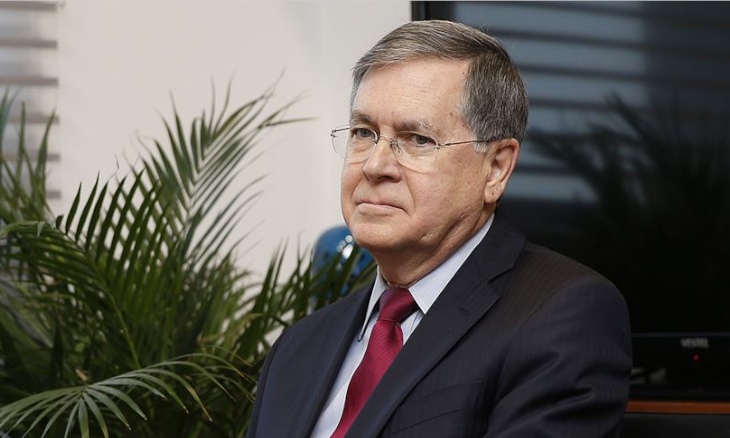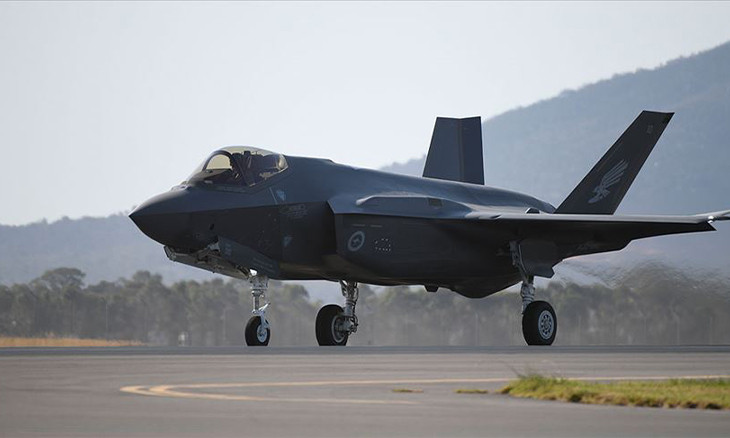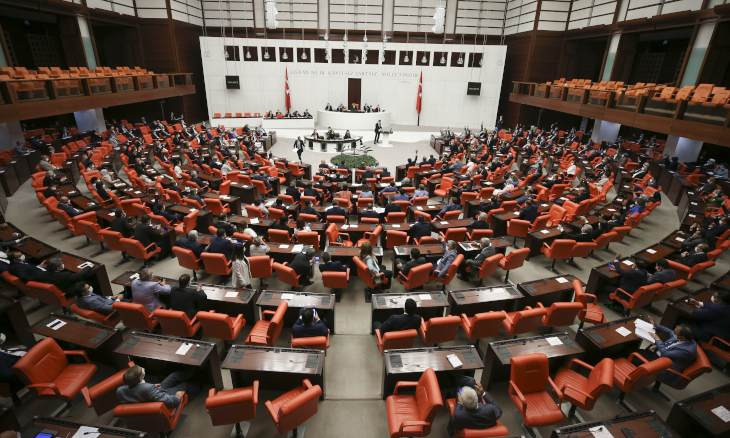US pharma firms might abandon Turkish market over Ankara's failure to pay debts, ambassador warns
U.S. Ambassador to Turkey David Satterfield has said debts owed by Turkish government hospitals to American pharmaceutical companies had risen to around $2.3 billion, warning that there will be consequences for non-payment of debt or reductions in payment. "Companies will consider departing the Turkish market or will reduce exposure to Turkish market. This is not a direction which serves the interests of Turkey," he said on Sept. 23.
Reuters
The U.S. ambassador to Turkey said on Sept. 23 companies will consider abandoning its market if it fails to fully meet debt payments to American pharmaceutical firms, and he criticized a new Turkish law clamping down on big social media sites.
Addressing a trade conference streamed online, David Satterfield said debts owed by government hospitals to pharmaceutical companies in the United States and elsewhere had risen to around $2.3 billion from some $230 million a year ago.
Satterfield said U.S. Commerce Secretary Wilbur Ross had raised the issue with Turkish President Recep Tayyip Erdoğan and Finance Minister Berat Albayrak a year ago and was assured that arrangements would be made for prompt payment.

A year later those companies were being asked to accept significant reductions in the amounts owed, Satterfield said, adding there will be consequences for non-payment of debt or reductions in payment.
"Companies will consider departing the Turkish market or will reduce exposure to Turkish market. This is not a direction which serves the interests of Turkey," he said.
Bilateral trade amounted to some $21 billion last year and the NATO allies have said they aim to lift that to $100 billion.
 Turkey no longer official 'global participant' of F-35 fighter jets program
Turkey no longer official 'global participant' of F-35 fighter jets programYet there are hurdles including U.S. tariffs on Turkish steel, and Ankara's purchase of Russian missile defences last year that prompted Washington to oust Turkey from a consortium producing F-35 jets.
At the conference hosted by the U.S.-Turkey Business Council on Sept. 22, Turkish Trade Minister Ruhsar Pekcan said the steel tariffs and the removal of Turkey from a U.S. trade preference programme have damaged efforts to reach the trade goal.
"Such policies by the U.S. severely limit Turkish firms' ability to enter the U.S. market," she said.
Satterfield also voiced concern over a law adopted in July that Erdoğan's party says will make mostly U.S. social media sites more accountable to Turkish authorities' concerns over content. Critics say it will silence dissent.
"A policy that mandates large social media firms to store consumer data only in Turkey can create an inherently uneven playing field," he said, adding it could ultimately compel U.S. firms to leave the market.
 Turkish parliament passes law to regulate social media amid censorship criticism
Turkish parliament passes law to regulate social media amid censorship criticism
